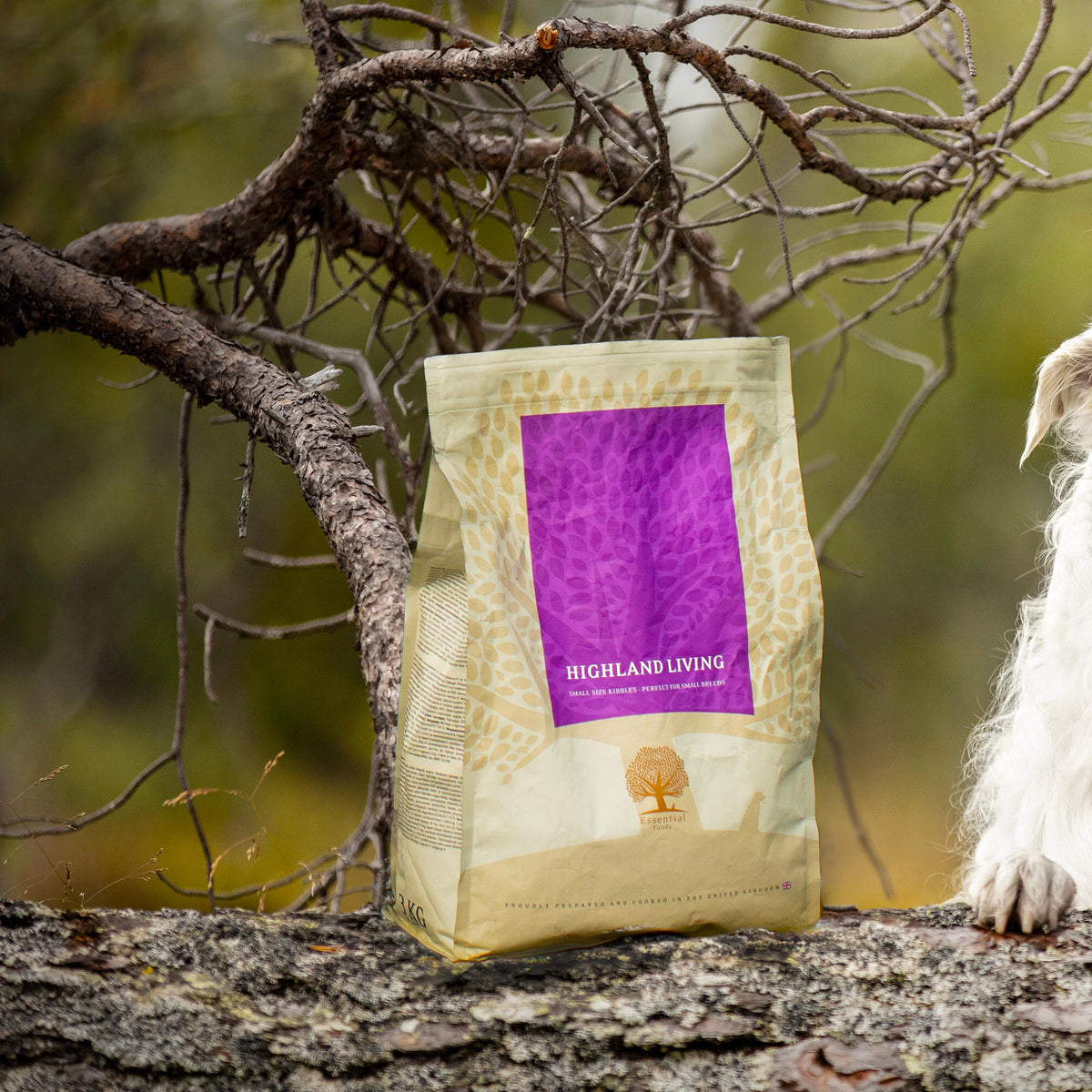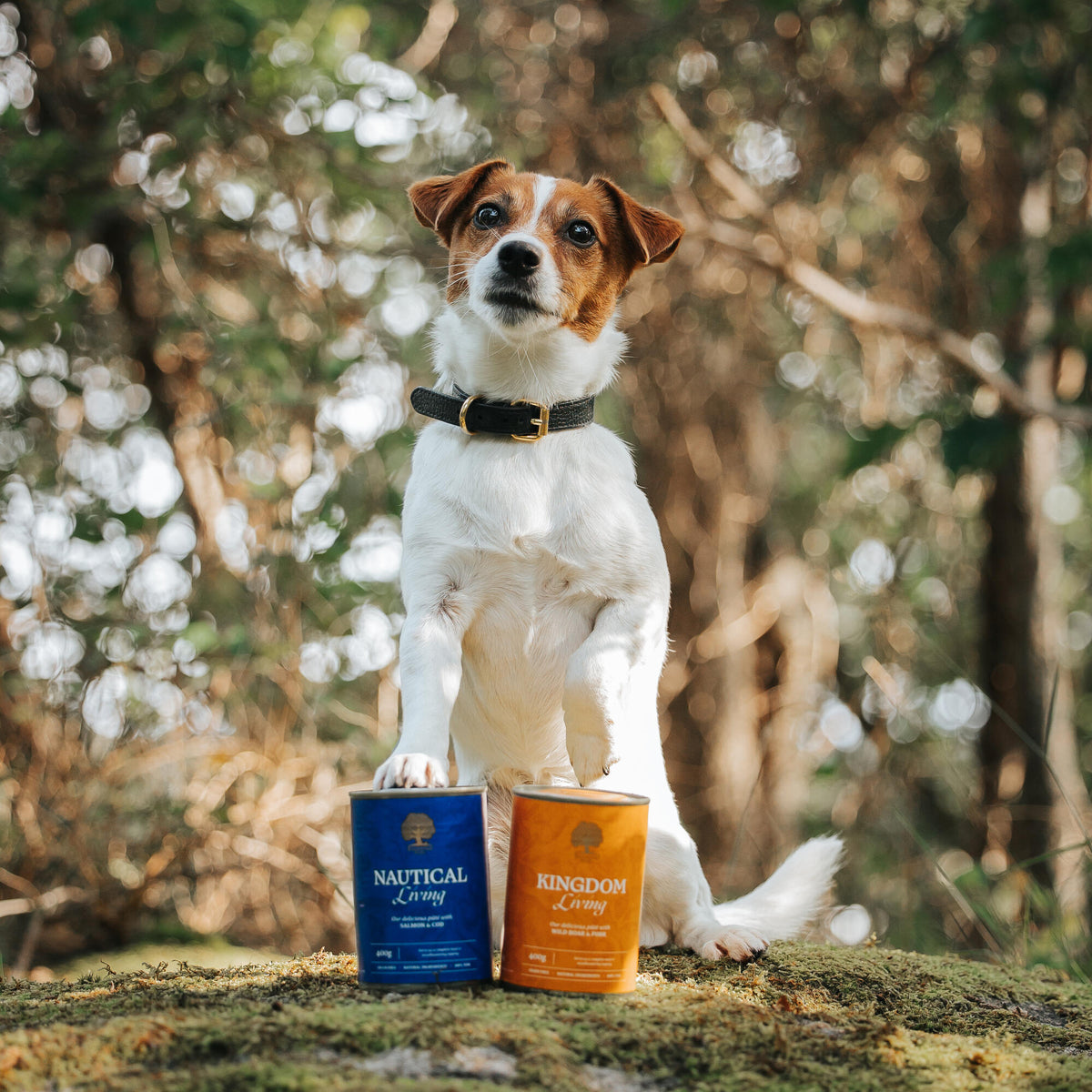Food aggression in dogs, which is the possessive and aggressive behavior exhibited over food, can indeed be managed and potentially cured with the right approach. This issue is particularly common among puppies and can persist into adulthood if not addressed properly. Here’s how you can use the right types of food, such as puppy food, natural dog food, and grain-free dog food, to help mitigate this behavior.
Understanding Food Aggression
Food aggression stems from a dog’s instinct to guard their food, a trait inherited from their wild ancestors. It’s crucial to address this behavior early, especially in puppies, to prevent it from becoming a more severe issue as they grow older.
Role of Puppy Food in Managing Food Aggression
Using specially formulated puppy food can be a significant step in managing food aggression. Puppy food is designed to meet the nutritional needs of growing dogs, providing them with the essential nutrients they need without the added stress of digesting complex ingredients. By ensuring your puppy is well-nourished and satisfied, you reduce the anxiety and competition that often fuel food aggression.
Benefits of Natural Dog Food
Natural dog food plays a vital role in curbing food aggression. Natural dog food includes high-quality ingredients that are closer to what dogs would consume in the wild, such as fresh meats and vegetables. This type of diet helps stabilize blood sugar levels and provides balanced nutrition, which can improve overall behavior and reduce aggression.
Advantages of Grain-Free Dog Food
Grain-free dog foodis another excellent option for managing food aggression. Grains can sometimes cause digestive issues and allergies in dogs, leading to discomfort and irritability. By switching to grain-free dog food, you can eliminate these potential triggers and provide a more easily digestible and nutrient-rich diet. This switch can result in a calmer, more satisfied dog that is less likely to exhibit aggressive behaviors.
Training and Behavioral Strategies
In addition to dietary changes, it’s essential to incorporate training and behavioral strategies to manage food aggression. Techniques such as desensitization, positive reinforcement, and controlled feeding environments can help your dog learn to relax and feel secure during mealtimes.
Conclusion
In summary, food aggression in dogs can be managed and potentially cured with a combination of the right diet and behavioral training. Essential Foodsoffers the best dog food for addressing food aggression because it is grain-free, has a high protein level, follows the B.O.F principle (Behavioral Optimizing Foods), contains high-meat content, and has excellent palatability. These qualities ensure that your dog receives optimal nutrition and enjoys their meals, leading to better behavior and a happier, healthier life.



